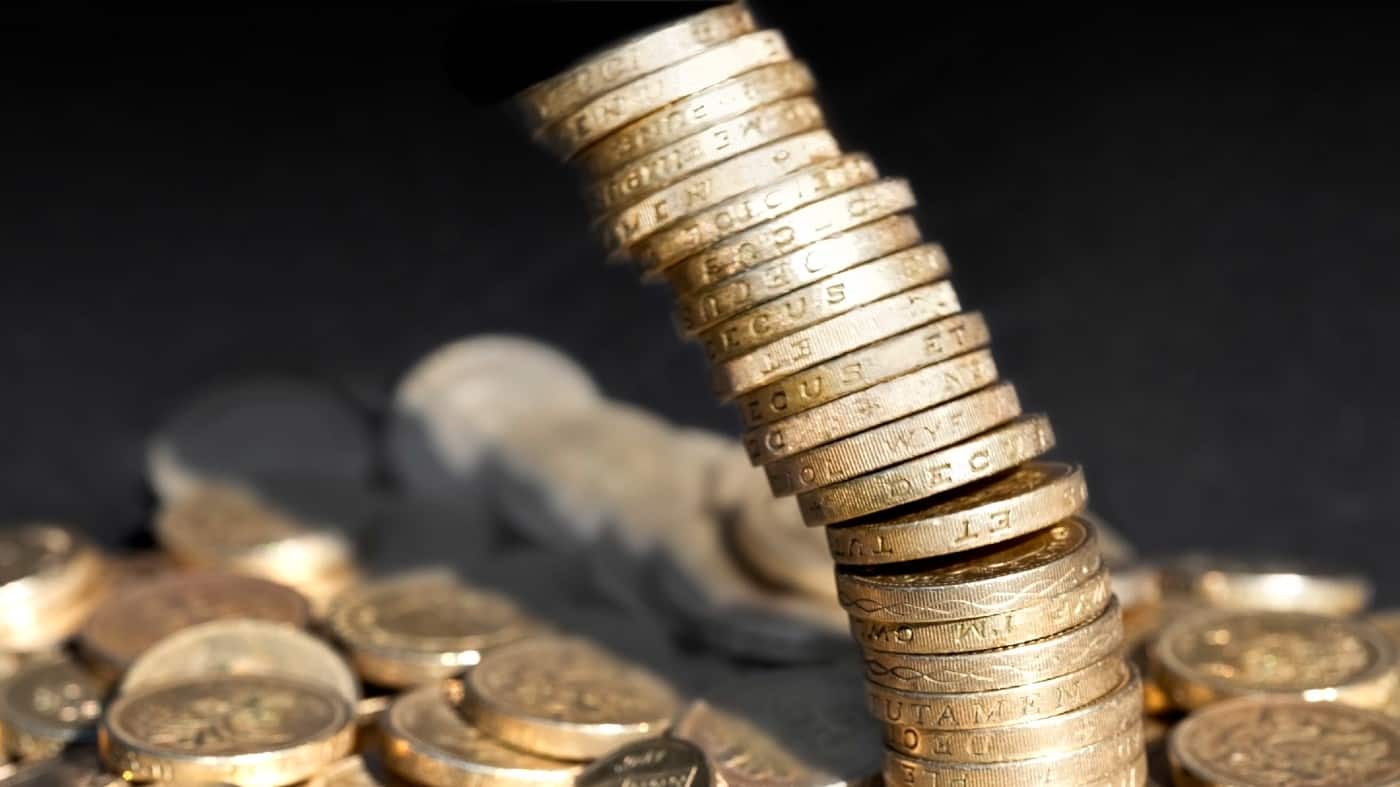If I’m aiming for a second income, then investing in a Stocks and Shares ISA certainly makes sense. It means any returns from share price growth and dividends are shielded from tax. I keep 100% of whatever I make.
This allows my investments to grow without the burden of taxes, enhancing my overall returns and building wealth much more quickly.
Here’s how I’d target an annual second income of £111k in an ISA.
Please note that tax treatment depends on the individual circumstances of each client and may be subject to change in future. The content in this article is provided for information purposes only. It is not intended to be, neither does it constitute, any form of tax advice. Readers are responsible for carrying out their own due diligence and for obtaining professional advice before making any investment decisions.
Investing £600 a month
The annual tax-free limit of a Stocks and Shares ISA is £20,000. That works out at nearly £1,700 a month, which is quite a commitment for most working people.
Instead, let’s say I invest £20,000 of my savings in an ISA in the first year, then another £600 a month on an ongoing basis thereafter. That’s £7,200 a year.
Even on that smaller amount, I should start seeing progress before too long. How much progress though will naturally depend on my rate of return.
What’s a realistic return?
Most blue-chip FTSE 100 companies tend to prioritise dividends over investing for high growth. For a safer, dividend-focused portfolio, an average 7%-8% return per year could be expected.
A handful of UK stocks are currently yielding more than this, but no dividend is guaranteed and an ultra-high-yield can often be a red flag.
If I was looking to take on a bit more risk, I could realistically aim for a 10% return from UK shares. That’s a tidy figure that can lead to a tremendous sum over time. Especially if I reinvest dividends to really fuel compounding returns.
| 8% return | 10% return | |
| 5 years | £73,174 | £78,181 |
| 10 years | £151,306 | £171,883 |
| 20 years | £434,786 | £565,830 |
| 30 years | £1,046,799 | £1,587,628 |
As we can see, both rates of return lead to over £1m after three decades. But the 10% return would result in a portfolio worth £500,000 more!
In either case, I find it amazing that an initial £20,000, then £600 a month afterwards, can lead to a seven-figure sum. Data shows that thousands have already invested their way to £1m in their ISA accounts.
Admittedly, millionaire status won’t have as much value in 30 years as it does today (due to inflation). Still, I’d wager it’ll be enough to make almost any retirement more comfortable.
At that stage, I could be in a position to draw down 4% of my £1.58m portfolio for £63,505 a year. Or take an annual passive income of £111,133 if my portfolio was yielding 7% on average.
What stocks to buy?
I’d consider adding Diageo (LSE: DGE) to my portfolio if I was just starting out. This is the global spirits giant that own timeless brands like Guinness, Johnnie Walker, and Gordon’s gin.
The share price has bombed by 40% in three years, as soaring inflation has caused cash-strapped consumers to trade down from its premium offerings. We don’t know if consumer spending will weaken even further, especially in China.
But things do gradually seem to be improving, so I reckon this FTSE 100 stock might be nearing a bottom. It’s trading a lot cheaper than it used to do and now offers a prospective 3.5% dividend yield for its next financial year (which starts in July).
This is a highly profitable company that still has long-term growth opportunities around the world. To take just one example, Diageo says the “scale of India is an unmatched opportunity“.







